Warum der Google Penguin Algorithmus Ihrer Website misstrauen könnte!

Copyright © Shutterstock/pink.mousy
Als Google 2016 das Echtzeit-Update des Penguin-Algorithmus veröffentlichte, das von einigen SEOs mit dem Codenamen 4.0 bezeichnet wurde, teilte Google uns mit, dass diese Version die meisten spammigen Links abwertet oder ignoriert. Der Google Penguin-Algorithmus bestraft nicht mehr für schlechte Links, weil er darauf abzielt, die spammigen Links zu neutralisieren und sie einfach nicht zu zählen, anstatt sie zu bestrafen.
Q&A mit Google Search Advocate John Müller
John Mueller, einem Search Advocate bei Google, wurde am Freitag in einer Video-Fragestunde folgende Frage gestellt:
Ist die Penguin-Strafe überhaupt noch relevant oder werden spammige, toxische Backlinks heutzutage von den Ranking-Algorithmen mehr oder weniger ignoriert?
Der Experte erklärte, dass es eine Mischung aus beidem sei:
“For the most part when we can recognize that something is problematic and any kind of a spammy link and we will try to ignore it.If our systems recognize that they can’t isolate and ignore these links across a website, if we see a very strong pattern there, then it can happen that our algorithms say:
Well, we really have kind of lost trust with this website and at the moment based on the bigger picture on the web, we kind of need to be more on almost a conservative side when it comes to understanding this website’s content and ranking it in the search results and then you can see kind of a drop in the visibility there.”
Zudem sagte er, dass der Link-Algorithmus Penguin von Google in manchen Fällen die gesamte Website auf der Grundlage der Links herabstufen kann und nicht nur die einzelnen spammigen Links ignoriert. Aber es scheint, dass es sich um ein sehr hohes Maß an spammigen Links handeln muss.
Auf Twitter stellte er anschließend klar:
This is the case for many spam & low-quality signals — we’ll work to ignore the irrelevant effects, but if it’s hard to find anything useful that’s remaining, our algorithms can end up being sceptical with the site overall.
— ? John ? (@JohnMu) November 1, 2021
Meinung einer SEO Expertin
Lily Ray, Senior Director, SEO & Head of Organic Research bei Amsive Digital, sagte uns:
“John’s advice here shouldn’t come as much of a surprise to SEOs who have dealt with companies engaging in large scale link building initiatives using tactics that violate Google’s guidelines, only to encounter massive declines in ranking and traffic.
Google doesn’t always send out a manual action when the sites run into trouble. But in many cases, sites can either struggle to rank or feel that they’ve received an algorithmic penalty without any formal notification. Often, when you take a look at their backlink profile and talk to the company about their SEO strategy, you might discover that most of the links are paid links, guest posts, footer links, exact match anchor text, etc. on websites no one has ever heard of.
In these cases, I believe it’s important to reconcile Google’s trust issues with your site by disavowing the paid/offending links, as well as earning new, trustworthy links organically.”
Was bedeutet das für Ihr SEO?
Wenn Sie an Kunden-Websites arbeiten, die möglicherweise Link-Probleme haben, müssen Sie entscheiden, ob Sie wirklich Links aberkennen müssen oder nicht und wenn ja, welche Links. Gleichzeitig ignoriert Google wahrscheinlich bereits die meisten schlechten Links, sodass Sie sich nicht allzu viele Gedanken darüber machen müssen.
Quelle: SearchEngineLand

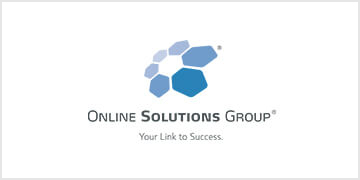






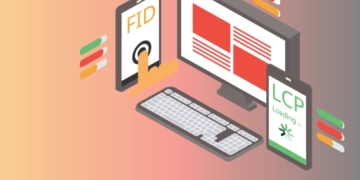

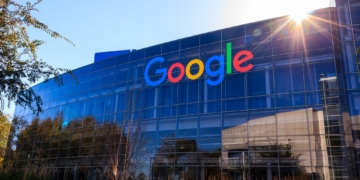


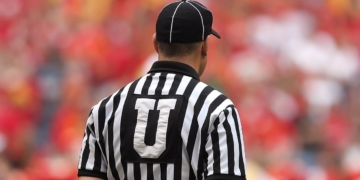
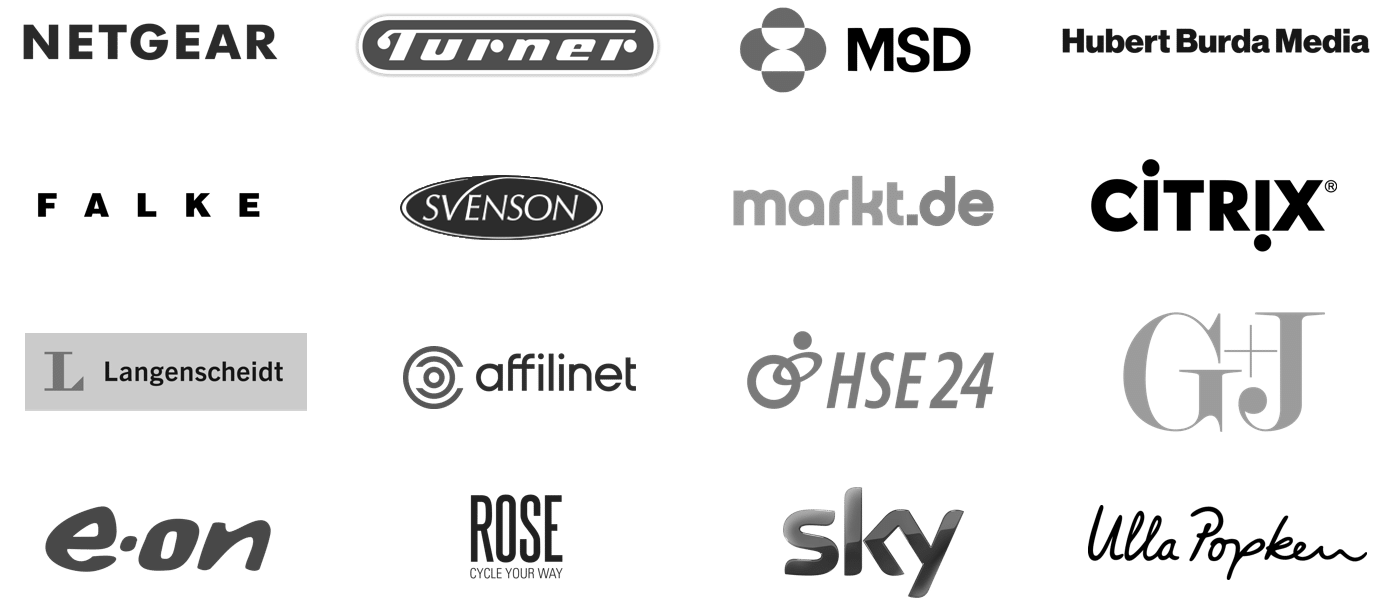
Keine Kommentare vorhanden